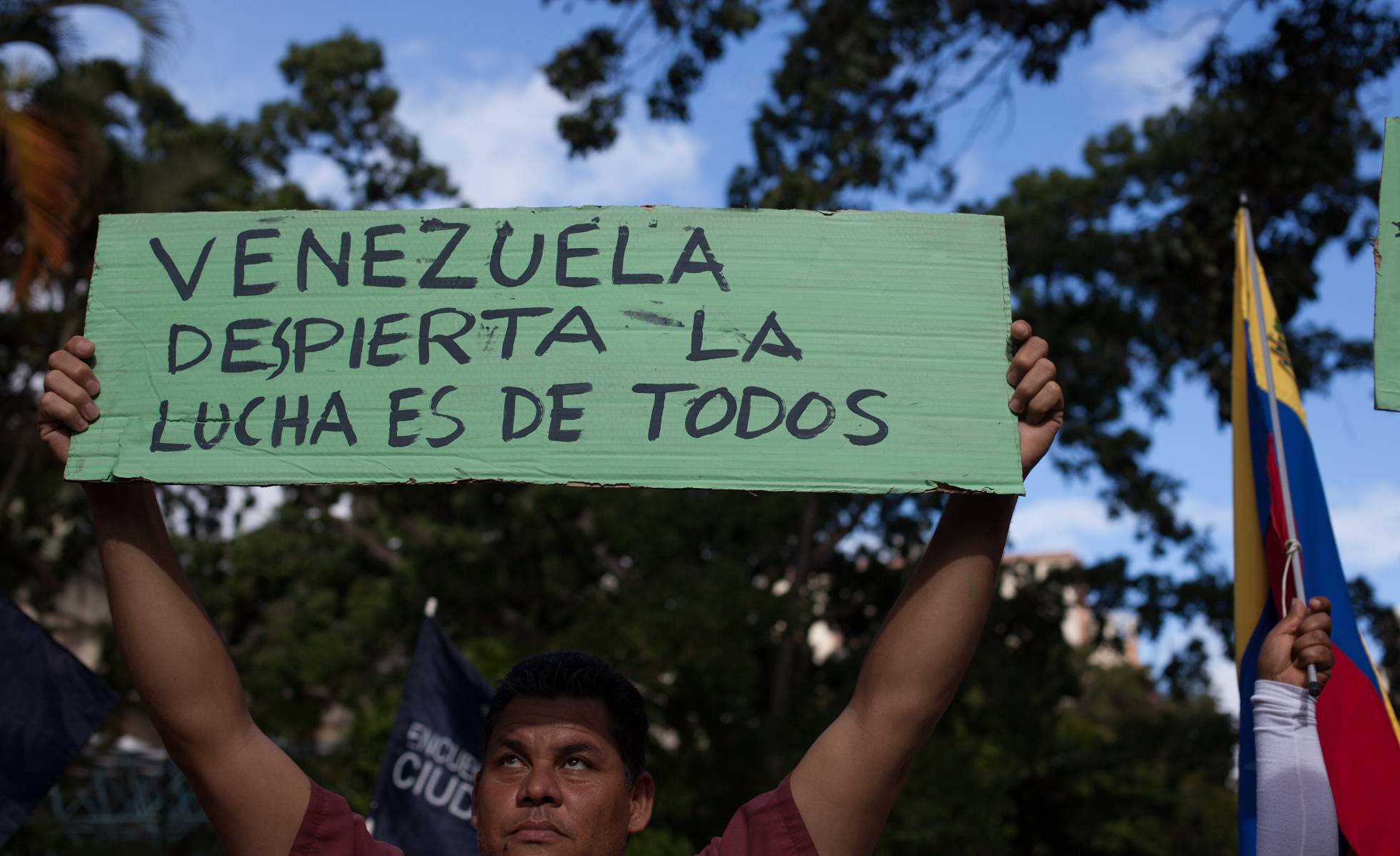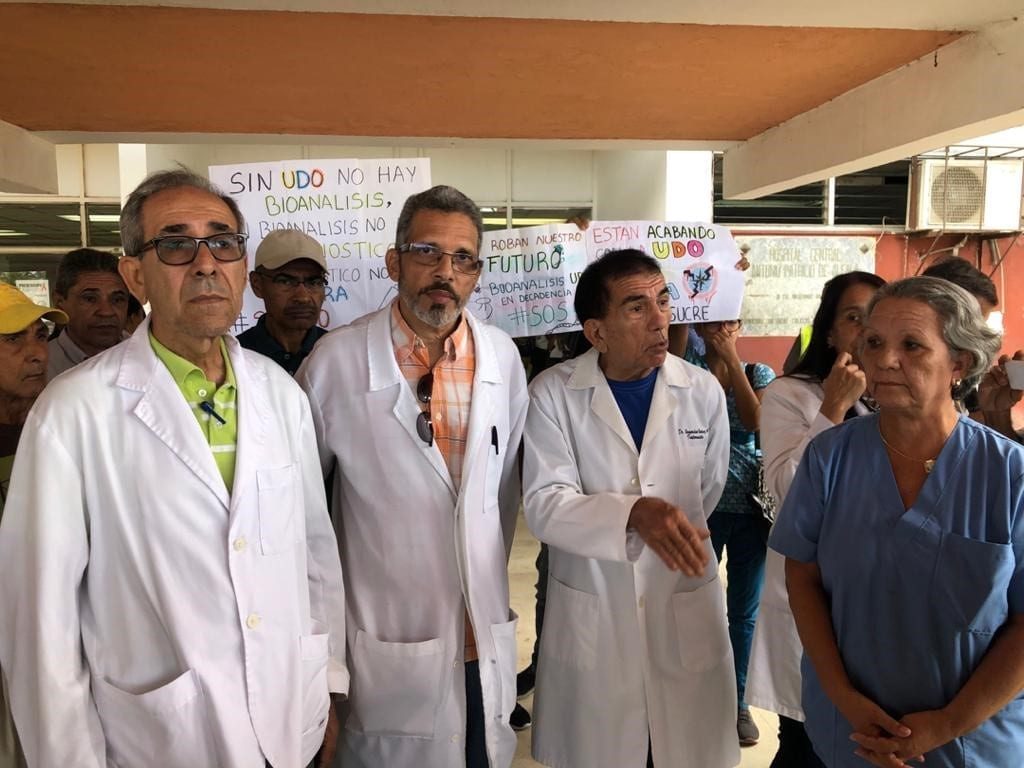Health indicators in Venezuela reveal an unprecedented crisis that not only affects the most vulnerable population, but also reaches those who were in need of going to a public hospital and only to find the reflection of the disaster.
The so-called “National Survey of Hospitals” carried out by the organization Médicos para la Salud (Doctors for Healthcare) with the support of medical societies and experts in different areas, gave an account of the gradual paralyzation of the 40 main hospitals in Venezuela. Not only has assistance in hospitals been negatively impacted, but also the diagnoses.
55% of hospital laboratories are inactive due to the aggravating circumstance that areas such as microbiology or serology have been 100% paralyzed. “In Venezuela there is no way to perform a hepatitis A test,” emphasized infectiologist Julio Castro, a member of Médicos para la Salud, who presented these results.
In addition, Castro stressed that 58% of X ray rooms are inactive while around 20% of dialysis units installed in hospitals in Venezuela do not work. He added that tomography and magnetic resonance services are practically nonexistent, with an index of 85.6% inoperability.
The crisis of public services also touches health centers. Médicos para la Salúd emphasizes that “70% of hospitals do not have water, but once or twice a week”, and a similar percentage of hospitals are estimated to have electric supply failures.
“There is no way to guarantee a diagnosis or follow-up in any of the hospitals. There are people who end up dying at home because they cannot afford the hospital exams and treatments,” Castro detailed.
In addition, Castro warned about the increase in the overall mortality rate, an indicator that overall has been declining in the region. “The latest official data we have is from 2014, and in that year the amount of people who died from preventable illness was 200,000. Similarly the infant mortality rate is rising, as well as the maternal mortality rate,” he added.
Castro pointed out that, according to the data of the Pan-American Health Organization, in no other country in America is the general mortality rate increasing. “Not even in Haiti”, which in his opinion “is a sign that something very bad is happening. It translates into people are dying or their health is being compromised.”
The data coincides with a recent evaluation made by Mark Lowcock, the Deputy Assistant Secretary General of the United Nations Office for Humanitarian Affairs during his visit to Venezuela. He warned that “the health system is on the verge of collapse and that many hospitals lack basic water and electricity infrastructures.”




